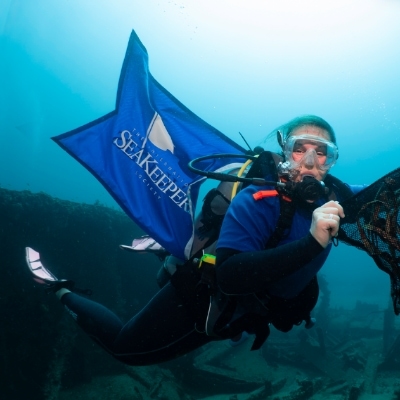The White Shark Chase 2025
Project Overview:
Despite the pressing need to protect Mediterranean White Sharks, little is known about them outside of incidental interactions, limiting effective conservation. To address this, research efforts aim to understand the population size, structure, distribution, migration patterns, and connectivity with Atlantic sharks, which is critical for planning conservation and recovery programs. Recent expeditions focused on securing funding, developing occurrence models, and collaborating with local experts to predict shark presence. Building on this work, this expedition will take place in the Sicilian Channel between May-June 2025, identified as a white shark hotspot. This region may serve as a nursery for young sharks and a feeding ground for adults during bluefin tuna spawning, based on spatial and anecdotal evidence.
Program Partners
- Virginia Tech
Location
- Sicilian Channel, Mediterranean Sea
Expected Time Frame
- Late May - June, 2025
Duration of Expedition
- 21 Days
Accommodation Needed
- 5-8 Researchers
Special Equipment Needed
- Licensed Captain; Swim platform (hydraulic or stationary) or easy access to water; Access to tender or smaller vessel; Lazarette or storage compartment for certain equipment
Expedition parameters listed above are flexible and negotiable.
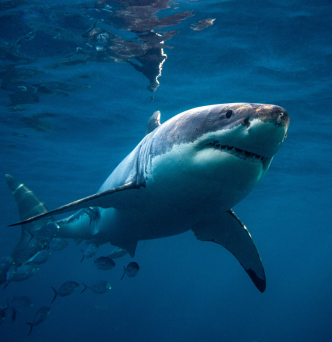
Background:
White sharks, once abundant in the Mediterranean, have significantly declined due to centuries of fishing and are now listed as Critically Endangered by the IUCN. Despite their ecological importance, there is limited knowledge about their current population and ecology, hindering effective conservation. From 2021 to 2023, three pilot field operations in the Sicilian Channel collected eDNA samples and conducted over 500 hours of baited video surveys. While no white sharks were observed directly, eDNA confirmed their presence at four sites, highlighting one of the last strongholds of this population. This led to the initiation of a multi-institutional conservation program to estimate their abundance, assess extinction risk, and inform future management efforts.
Mission:
The proposed project aims to detect and study Mediterranean White Sharks through a cutting-edge, non-invasive scientific expedition in the Sicilian Channel, planned for May-June 2025. Using environmental DNA (eDNA), remote underwater cameras, and satellite telemetry, the expedition will survey nine locations to detect live sharks, film free-swimming individuals, and tag them to track their movements. The project seeks to gather groundbreaking data on shark behavior, abundance, and migration, which will be crucial for conservation efforts. If successful, it could reveal key aggregation and nursery areas, inform fisheries management, and help protect the critically endangered species from extinction by influencing conservation policies.
Applications:
The findings of scientific-led expeditions to the Mediterranean in search for critically endangered white sharks will inform conservation, management, and policy decisions.
Relevant/Previous Scientific Publication(s):
Program Partners:
Get Involved
If you’re interested in learning more about this specific program opportunity, please reach out to our team below to find out more about this program or get involved in other opportunities with SeaKeepers.
Explore More Opportunities
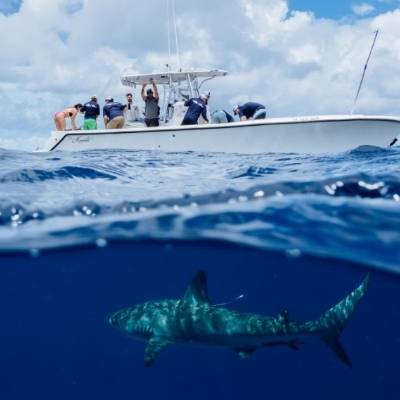
At-Sea Opportunities
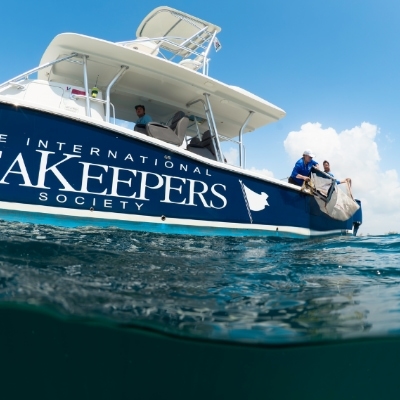
Citizen Science Opportunities
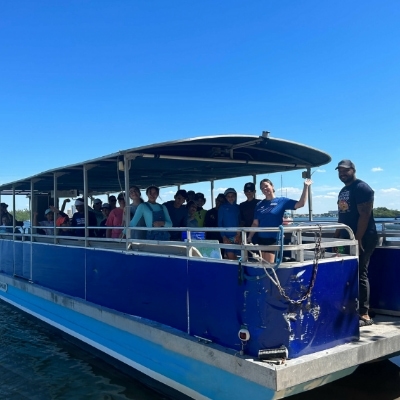
Education Opportunities
